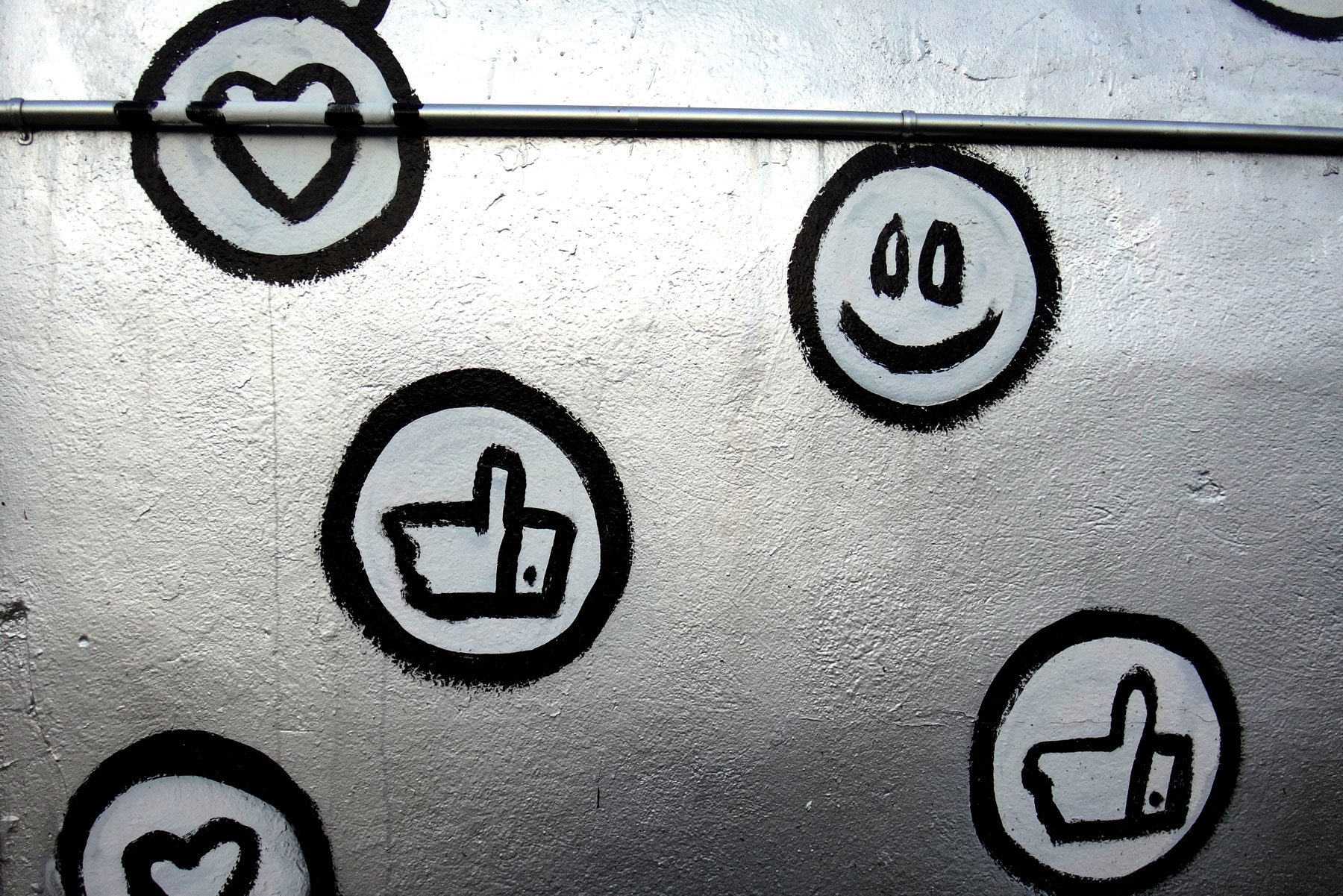We live in tense times. It is difficult to encapsulate the current global environment, as not just a few, but the entire spectrum of social issues and human rights are on the table. Social activism has shifted from concentrating on one particular issue at a time, to activism’s basic foundational knowledge being embedded in more and more of the current population. That our global social structure allows for all injustices, in many different forms, and on many different levels, to exist, is common knowledge and belief for many. This newfound awareness is a movement within itself, and it is changing how we interact with one another.
Feeling deserving of working for ourselves and the greater good, many of us navigate our lives with a sense of righteousness. We stand for all things good, but the manner in which we defend and express our strong beliefs has us falling short of doing great. There is a common and rampant reaction not just to those we disagree with, but with those whose beliefs we think are examples of what is fundamentally wrong in the world. It is loud, angry and aggressively defensive communication, felt necessary to protect righteous beliefs and well-intentioned goals — sometimes known as attack culture.
The passion at which we feel the need to change the world has us screaming and yelling at each other in anger and frustration. Mostly with words, and mostly online, we have created an attack culture. Expressing ourselves this way, we are contradicting the very ideals of the cause. Disagreement has become a problematic interaction.
The problem with attack culture is that it is only reflective of half of our ultimate goal. We may be educated, enlightened and aware, but we are falling short of creating actions needed to cause change. We hold our knowledge of right and wrong as enough, and we value our learning process that has led to our conclusions so much so that we forget how to encourage it in others. Yelling “you are wrong, and I am right” only feeds the ego and pushes our opponent further into defending their beliefs. If the ultimate goal is to change others’ perceptions, the ultimate win being changing someone’s mind, we are not even getting as far as challenging their beliefs.
Our harsh interactions cause both sides to curl back into ourselves, deeper into our opinions. This is not the way to forge allies; this is how we ensure that those on the other sides of things stay an opponent. We do not listen to those we do not respect, and we certainly do not listen to those that insult us. Too many are failing to recognize that how they carry themselves and how they express their views is also part of the package of change.
The easy way is taken, delegitimizing others’ character and snarking in disgust at their ignorance. We broadcast their online comments to the public to shame them. We share it to show what we are up against, and although likely not to be admitted, we share to show how strong we are, to gain support, showcasing the contrast in order to elevate our side. Some of those shamed may be some of the most dangerous people in the world, some may not.
And for all the pain caused by supporters of racism, homophobia, abuse, misogyny and all things that keep us down, how could it possibly be argued that we should alleviate judgment? Judgment’s main purpose, however accurate it sometimes is, is to cut off the conversation at right and wrong and to define each other by what the other is not. It does not encourage any depth of actual problem-solving. Our attack is not a strategy, it is only a reaction. This over-simplification of our opponent and the argument is our ignorance.
Sure, someone defending the reasons why a child may have died in government custody, or someone defending why your indigenous grandparents’ ancestral home was destroyed, may deservingly so garner a harsh reaction. They may not deserve our patience, but when shaming tactics are used, shrinking someone’s worth to sometimes just one of their comments, despite how offensive and out of touch it may be, we have already decided on our anger’s purpose. With anger as the main event, the culmination, the conversation stops.
We do ourselves no favors by defining the issues of the world only by our relationship with the individuals who support them. We do not live in a vacuum. We are all fallible; by humanizing us all, seeing ourselves in our enemies, we encourage empathy for the human condition as a whole. Perhaps reducing us to only cogs in a machine is unfair. But the roots of this entire movement came from recognizing the machine, and from analyzing it. We need to return to this. We need to see everyone as pieces in a larger whole, as products of their environmental influences, as consequences of years of deliberate conditioning and placed into a world with systemic issues, which makes a comfortable bed for their misinformed beliefs to rest in.
We use others’ angry responses at what we see as our “wokeness” as validation for their wrongness. They are the problem. They are what we are allowed to be angry with. If we stay strong and fight them maybe they will start to weaken. True, maybe. But I must stress the value of being able to see ourselves in our enemies. If we do not seek to understand those that oppose us, we cannot get to the source of the issues, and we cannot heal nor prevent as effectively.
The average person is not a social scientist. Or a statistician. Or been to war. Or been homeless. Or anything that might push them to expand their perspective outside of their less complicated world. Many people believe what they have been taught to believe, but the world also allows it to be easy or convenient, it cushions and nurtures certain ideologies. People are misguided. People are taught that different and strange is a threat to themselves, so they feel they need to protect themselves, even if it means their normal hurts another’s.
The loud, visceral argument of attack culture does have purpose, which should not be delegitimized by this thought piece. People standing up for themselves is powerful. It is inspiring, and it can encourage others to be brave and to oppose injustices. With enough people behaving this way, saying no, saying “you are wrong, your beliefs are harmful, and we are openly challenging it,” does undeniably serve a purpose. It is about creating a safer and stronger space for the allies. There is strength in not just numbers but in stubbornness. I am not here to diminish the historical and current significance of widespread opposition, protests and riots. But it can be violent. It can be hateful. It would be encompassing many of the behaviors that we simply should do without.
While attack culture harbors and encourages allies, it also, with enough consistency, can push away those on the other side of the argument. The entire convoluted system that allows for the consequences that activists, progressives and liberals react so strongly to, has thrived for so long because at least at one point in history it was the status quo.
While intellectually attacking some of its supporters is only part of the breakdown of the system, the newfound and growing opposition to those people and those ideals makes it a more uncomfortable and even unsafe world for them. It does push them farther and farther aside, making room for a new normal. And maybe that is fair after all the harm they have caused. But again, can we be better than this?
In a world valuing “wokeness” and enlightenment and awareness, cultivating empathy and compassion for our enemies should be part of this enlightenment. We can serve as an example for what we would like to see in the world, create more respect for our fellow humans, encourage compassion for the human experience, and embody an understanding of the many issues in this world, which includes problematic people encouraging problematic discourse.
Defensive, reactive, harsh and reductive attack culture is not reflective of the very values that we are fighting for. We are not being our best own example. We are our own contradiction. Living irony. And we can do better.
















